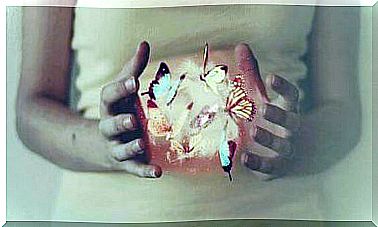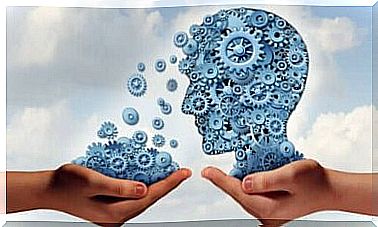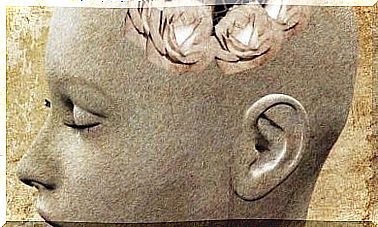How To Deal With Your Emotions Effectively

Emotions are the interaction between thoughts and bodily sensations. Emotions can cause anxiety in a lot of people because they don’t know how to deal with these emotions. Because of this, they often tend to fall back on other strategies, such as distracting themselves with other activities so as not to focus on the current issue.
Emotions are very valuable and you will almost always get something in return, but only if you can deal with them in an effective way. Through our emotions we can learn a lot about ourselves and our needs. Our emotions help us bond with others and achieve greater goals, such as coping with stress. In return, our immune system will always be completely healthy, we will not get sick as quickly and often and we will be able to maintain much healthier relationships.
How to identify your emotions
In order to identify your emotions, it is important to first understand exactly what you are feeling. Choose from the four basic emotions: anger, sadness, happiness and fear.
- If you think about the future and what could go wrong with it, and if these thoughts are accompanied by physical sensations such as an increased heart rate, tense muscles and a cramped jaw, then it might be important to ask yourself where you are right now. are afraid of. These kinds of sensations are directly linked to fear.
- When negative thoughts about the past are constantly running through your mind and you feel tired and exhausted, possibly with an urge to cry and a lack of concentration, it may be important to ask yourself what exactly you have lost. These are emotions that are directly linked to sadness.
- When it comes to thoughts about yourself or when your values are under attack and you experience physical sensations similar to those caused by anxiety, such as an increased heart rate and a tense body, it is important to ask yourself how you and your values think you are being attacked. These sensations are directly linked to anger.
- When you are thinking about how far you have come and you are overcome by a sense of calm and you even experience feelings like joy and the urge to laugh, ask yourself what exactly you have achieved. These emotions are directly linked to happiness.
How to deal with your emotions
Once you have learned to recognize and understand all your emotions, as well as the emotions of others, it is important to consider the following aspects so that you can better manage your emotions:
- Try to clearly identify and understand the origin of your feelings, whether this origin is in yourself or in someone else.
- Talk about your own feelings and the feelings of another; try not to deny or correct these feelings. Be direct about what you’re feeling in that moment.
- Express your feelings in a way that is not confrontational. You can do this, for example, by using an effective form of communication and saying things like ‘I’m angry because….’ instead of ‘you make me angry because…’ . Express your feelings without blaming anyone. By “you make me angry ‘ to say you slide because the blame on the other person and you ensure that your words sound defensive and hostile.
- Recognize that the other person’s feelings are genuine. His feelings are just as real and valid as yours. Plus, it’s a great way to free yourself from these feelings, so you can focus on getting to the root of the problem.
- Do not indulge in emotional outbursts and try to control your own feelings as well; it is important to listen and to understand the power of the other person’s feelings. However, try not to react emotionally to your own feelings, otherwise the whole situation could very well escalate, causing more problems.
- Try to remain calm and, if necessary, choose to leave the room for a while so that you can think and calm yourself. That way, you can think about how you’ll respond, rather than reacting automatically that could cause the problem to spiral out of control.
- Use symbolic gestures, such as an apology and even a handshake. These gestures can be very helpful in showing respect and freeing yourself from negative emotions.
- In highly emotional conflicts, you may choose to use a conflict resolution strategy designed to deal directly with emotions, such as a dialogue process.
–Image courtesy of danielito311–









